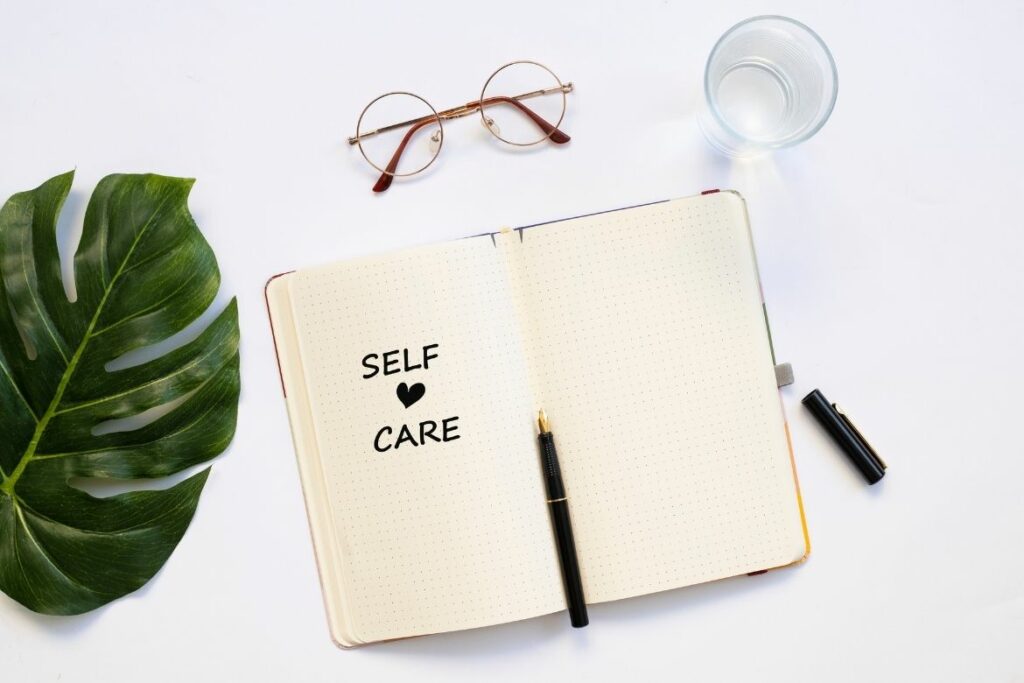The New Year is here! While we have all been on a whirlwind trip these past 2 years with a global pandemic, it is time to focus on the new normal, including setting sustainable New Year Goals. In doing so, we need to make sure the goals we set for ourselves in this new year can be sustainable for years to come. Here are some resolutions to help you not only improve your health, but ones that you can actually keep.
- Eat more whole foods. Adding more whole foods to your diet is an easy and sustainable way to improve your overall health. Whole foods such as fruits, vegetables, whole grains, nuts, seeds, and lean proteins such as chicken and fish are packed with beneficial nutrients that can help you reach your goals. Whether your goal is to lose weight, or decrease the amount of processed foods you consume, this is a great way to start. They are packed with fiber, vitamins and minerals to keep you full and satisfied.

- Ditch the diet mentality. Make a plan that works for you. Instead of jumping on the next fad diet this New Year, make a resolution to create a sustainable, nourishing eating pattern that works for you. Most individuals who aspire to lose weight, and choose a restrictive diet, regain up to two-thirds of weight lost within 1 year. Prioritize long-term health benefits over short-term satisfaction. This can include a healthy diet rich in whole, nutrient-dense foods that is adaptable to your life, and one you can follow no matter the circumstance.
- Sit less and move more. It is not only important to consider adapting a more personalized diet that is fit to your lifestyle, but also an exercise or activity that you enjoy doing. Activity can look different for everyone. Whether you enjoy walking or running, swimming or bike riding, small amounts of activity can greatly improve your overall health, and you’re more likely to stick with it. Once you choose an activity, set an attainable goal, such as planning to take your dog for a 30-minute walk everyday.

- Practice self-care. These past 2 years have been very stressful and likely inconsistent for most people with the ever-changing external environment. It is important now more than ever to take time for yourself. It does not have to be time-consuming or elaborate. It can be something as simple as taking a bath once a week, journaling, reading a book, taking on a new hobby, or preparing a healthy meal for yourself. Consider picking a day that suits you best, one that can help you reset, and get ready for the week ahead.

- Limit screen time. Over the past 2 years, we have relied on technology as our main way to communicate and work. The increase in social media usage has been linked to depression, anxiety, and loneliness in many people so consider reducing the amount of time you spend on your phone, particularly social media. Setting a goal to cut back on your usage can benefit your overall health, may boost your mood, and enhance productivity.






